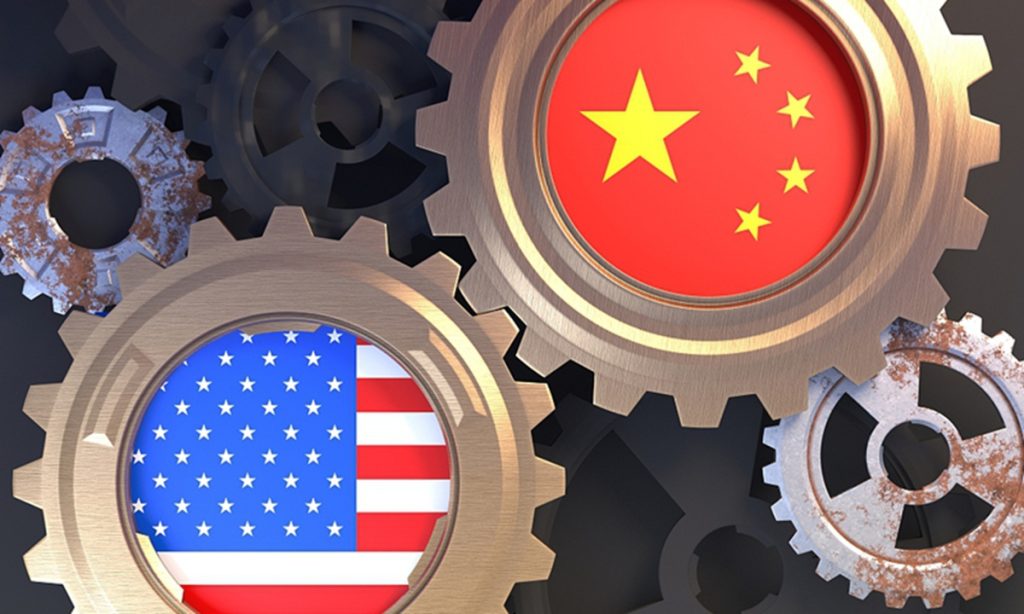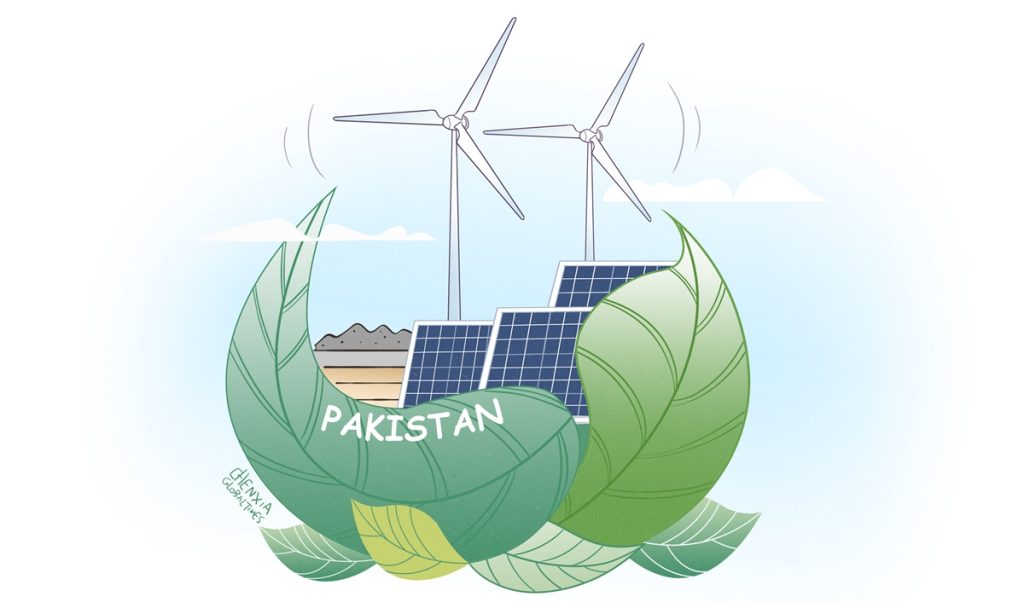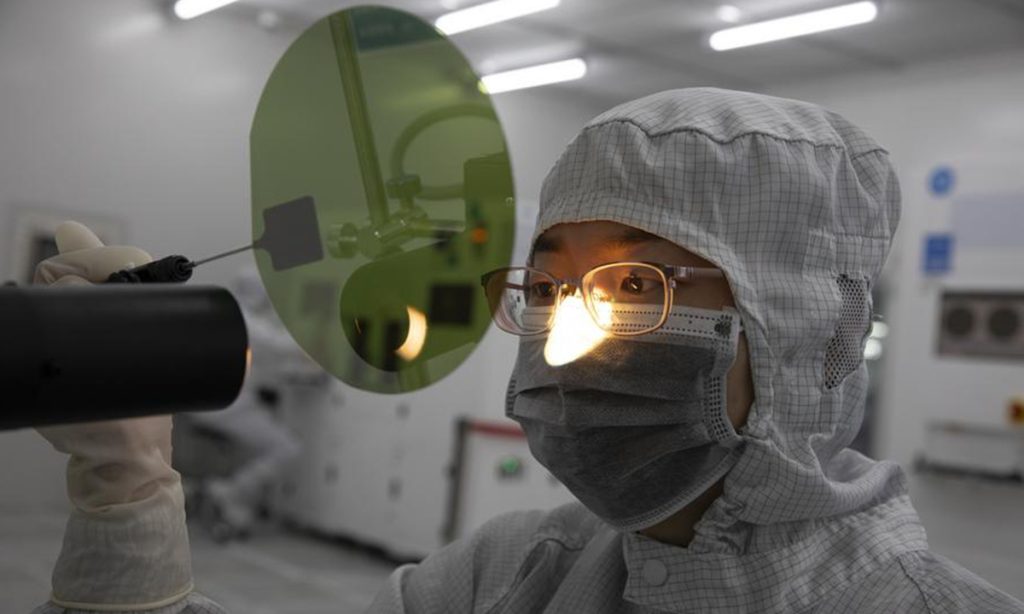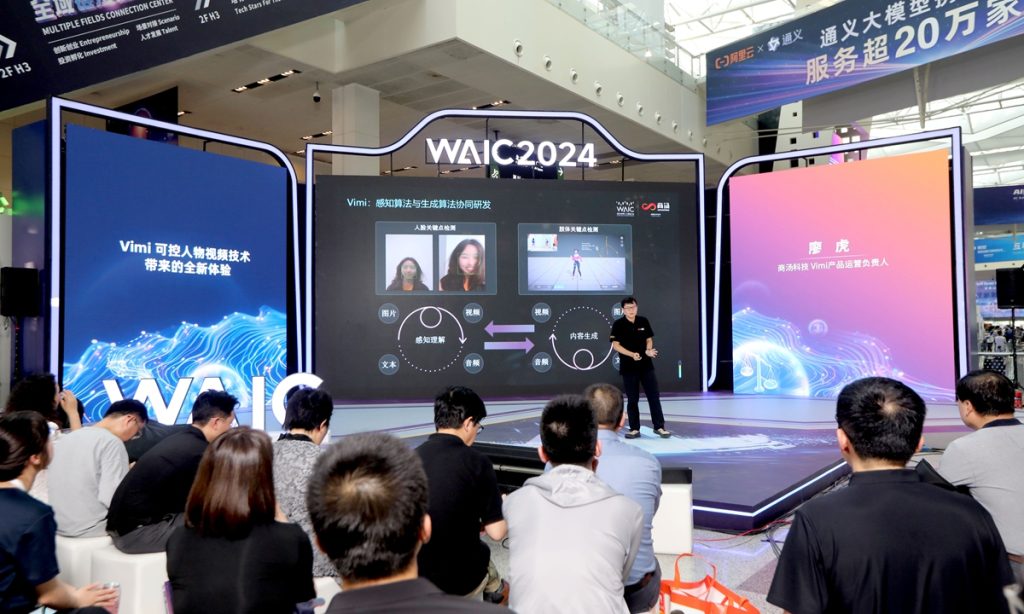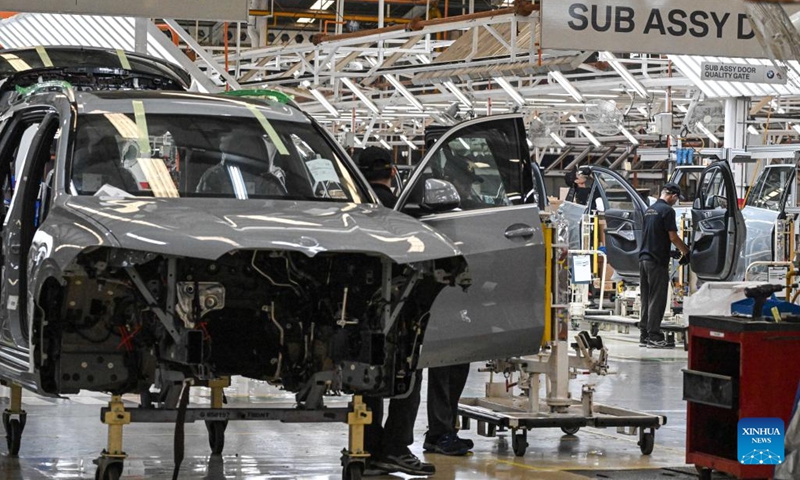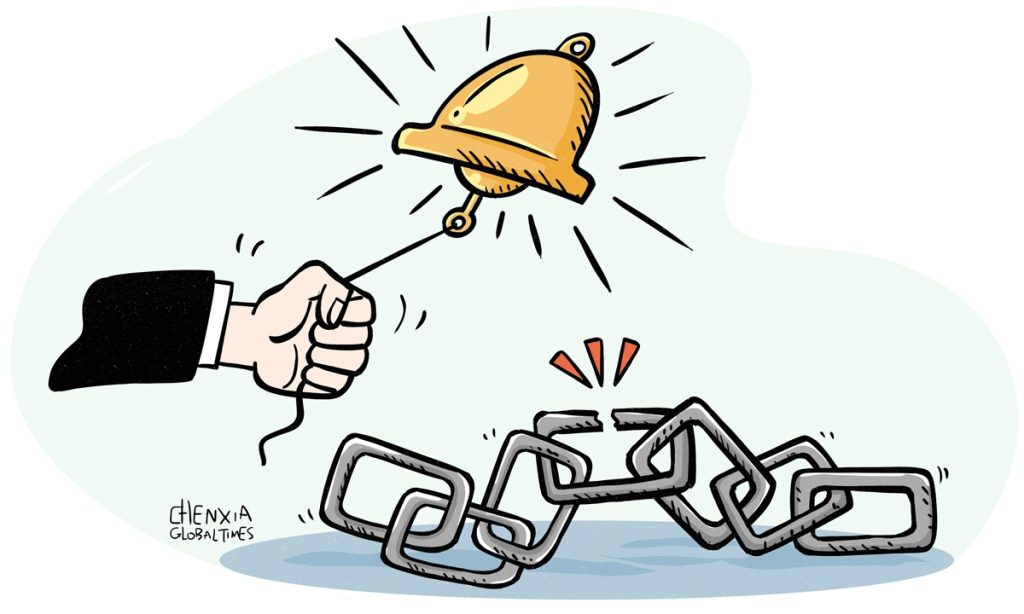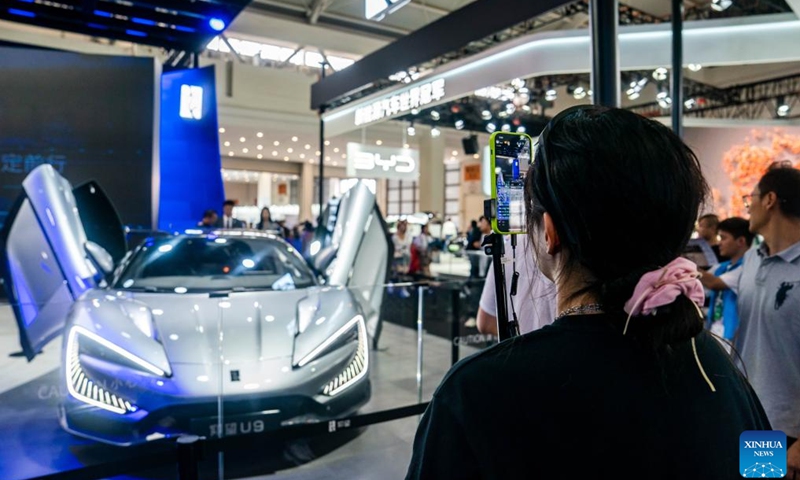Italian Prime Minister kicks off China visit, with economic cooperation in focus

Italian Prime Minister Giorgia Meloni kicked off her five-day visit to China on Saturday, with multiple business participants as well as observers of the two countries expressing their high expectations for the visit, highlighting the importance of enhancing bilateral cooperation, especially in areas such as new energy products, new energy vehicles and other green technologies.
This marks Meloni's first visit to China since she took office, and she is the first European leader to visit China since the third plenary session of the 20th Central Committee of the Communist Party of China concluded.
Chinese Premier Li Qiang held a welcome ceremony for Meloni on Sunday afternoon at the Great Hall of the People in Beijing, China Central Television reported, and the two sides held talks after the welcome ceremony.
The two sides also witnessed the signing of multiple bilateral cooperation documents covering industry, education and environmental protection.
Amid a volatile political landscape in Europe and the US, Meloni's visit serves a good opportunity to inject stability, promote cooperation and resolve differences, not only between China and Italy, but China and Europe as a whole, experts said.
However, the experts caution that the Italian government needs to demonstrate enough sincerity in cooperating with China after Italy's withdrawal from the Belt and Road Initiative (BRI), and effectively manage differences, particularly in tariff talks on China-made electric vehicles (EVs).
Experts noted that during this trip, Meloni aims to enhance Italy's cooperation with China and clear away misunderstandings over its withdrawal from the BRI last year.
Expectations for the visit
Premier Li attended the opening ceremony of the 7th meeting of the China-Italy entrepreneurs committee with Meloni on Sunday, calling for enhanced economic and trade cooperation between the two countries, Xinhua reported. Li called on China and Italy to tap new opportunities for cooperation in line with the general trend and deepen mutually beneficial cooperation.
Meloni said Italy and China should strengthen comprehensive strategic partnership, give full play to complementary advantages and strengthen economic and trade cooperation, per Xinhua.
Italy had expressed its intention to strengthen cooperation with China despite not renewing the BRI agreement, and had proposed some alternative plans. Cui Hongjian, a professor with the Academy of Regional and Global Governance with Beijing Foreign Studies University, believes Meloni will discuss those alternative plans during the visit.
"We are pleased to participate in various activities organized during the prime minister's mission to China. These include, among the many, meetings with high-level government representatives, locally based Italian business associations, and a video conference with the Italian industry association to connect Italian companies not yet in China," Massimo Bagnasco, CEO of China Europe Carbon Neutral Technology, told the Global Times on Sunday.
This visit follows several high-level missions from Italy. Just a few weeks ago, the Minister of Enterprises and Made in Italy, Adolfo Urso visited China. Deputy Prime Minister and Minister of Foreign Affairs and International Cooperation, Antonio Tajani also visited China in September 2023. Those visits are the evidence of the close ties and deep attention both countries pay to their bilateral relations, Bagnasco noted.
Bagnasco said he hopes the visit will confirm the guidelines for framework cooperation in certain sectors and establish a roadmap for further implementation by relevant companies. These expectations pertain to both investment and trade, he said, noting that green technologies, related to climate change, will be a sector where the two countries can achieve great synergies.
Irene Pivetti, former president of the Italian Chamber of Deputies, told the Global Times on Sunday that [the visit will see a] restart of a planned global cooperation. "This cooperation will be probably developed in further steps, but will essentially be summarized in industrial, technological and cultural cooperation," Pivetti said.
"What will be new in this planned global cooperation between China and Italy is that it will be accompanied by a much more constant and deep dialogue than before, and a mutual research of common goals to reach," Pivetti noted.
Fan Xianwei, secretary-general of the Chinese Chamber of Commerce in Italy, said that Meloni's visit to China will also bring new opportunities for China-Italy cooperation, which is the common expectation of the two peoples. Chinese enterprises expect that the Prime Minister's visit will advocate economic globalization and create a good, fair and just business environment and investment environment.
These industry players also highlighted the importance of enhancing cooperation with China, refuting the allegations of "overcapacity" and EU's recent protectionist move including its decision to impose provisional additional tariffs on Chinese EVs.
"The Chinese market is very important, not just for its size but also because it serves as a unique testing ground for the latest go-to-market solutions. Italian innovative strategies and solutions, combined with China's strong development in technology and supply chains, can be mutually beneficial if developed under the correct frameworks and fair principles," Bagnasco said.
Italy has never used barbaric terms such as "decoupling" from China, like other countries, as if we should keep distance from a millennial friend… Italian entrepreneurs want to do business with China, even big business, if possible, Pivetti noted.
"Accusing China of 'overcapacity' when the country makes use of more EVs than its internal production is nonsense," Pivetti said, adding that tariff policies are deemed to fail when instrumentally used to unbalance a competitive market when talking about EU's decision on China-made EVs.
While initial voting results among EU members indicate that Italy is more inclined to impose tariffs on Chinese EVs, Meloni's trip could work on finding a reasonable solution that is acceptable to both sides. If so, it would send a crucial positive signal for the silent majority within the EU who have not yet cast their votes, Cui said.
"Meloni's visit is also expected to stabilize and promote China-Europe relations," Cui noted, as relations between China and the EU have become tense due to issues such as the imposition of tariffs on Chinese EVs.
Coming ahead of the US presidential election, Meloni's China trip is also seen as bracing for a "worst-case scenario" - that a November change in US president could upend Washington's diplomatic and trade ties with Europe.
"They must get ready, minimize losses and impacts in the event of such an outcome," Cui noted. This includes enhancing resilience against the US and strengthening unity within the EU to avoid possible "divisive tactics" used by former US president Donald Trump during his first term, and boosting cooperation with China.

